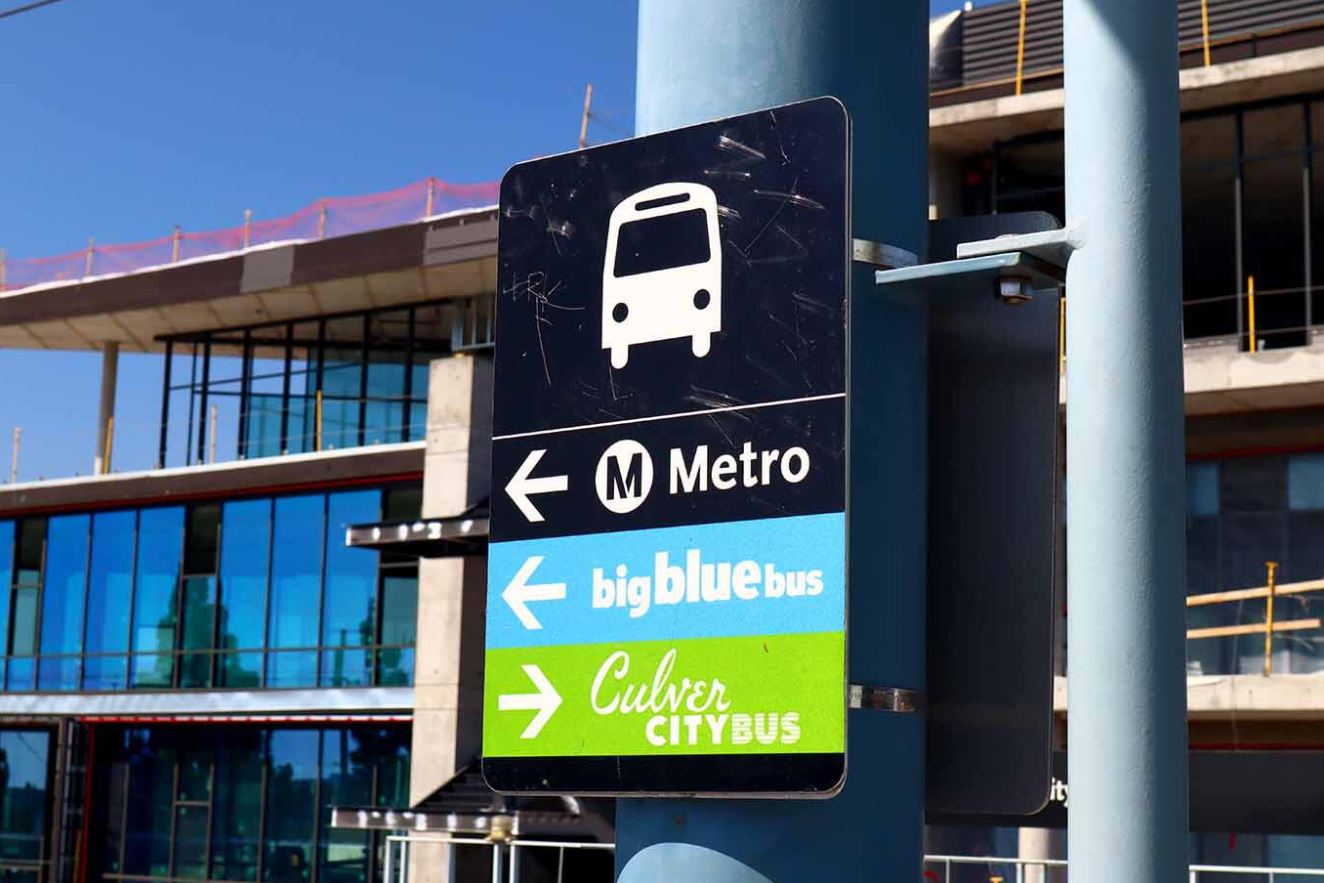 CULVER CITY, Calif. — In an exciting step forward for public transportation, Culver City has rolled out an AI-driven system to keep bus lanes running smoothly. This high-tech setup uses cameras and artificial intelligence to spot and handle violations that can mess with bus schedules and put commuter safety at risk.
CULVER CITY, Calif. — In an exciting step forward for public transportation, Culver City has rolled out an AI-driven system to keep bus lanes running smoothly. This high-tech setup uses cameras and artificial intelligence to spot and handle violations that can mess with bus schedules and put commuter safety at risk.
Dan O’Brien, the city’s mayor, put it well when he said, “You want to just double park, but that creates an inconvenience for someone else and makes it more dangerous for everyone.” It’s all about keeping things safe, especially when drivers have to navigate around cars that shouldn’t be there.
Diana Chang, the Chief Transportation Officer, is hopeful that making buses more reliable could change how people think about public transit. She believes that if buses run efficiently, more folks might choose them over sitting in traffic.
At first, people who break the rules will just get a warning. But after a 60-day grace period, fines will kick in, going up to $293. The AI tech, created by Hayden AI and already used in New York City, has shown great results. Since its launch there in 2019, bus speeds have gone up by 5%, and collisions have dropped by over 30%.
Charley Territo from Hayden AI shared some insights, saying, “The fewer times the bus needs to make a movement in and out of a lane, the fewer times that there’s an opportunity for that bus to be involved in some type of collision.” It’s a simple logic that really makes a difference.
Jennifer Atenza from the Culver City Police Department described the AI as a “force multiplier,” enhancing their ability to monitor and enforce rules effectively. This system allows law enforcement to focus on more pressing issues by automating the citation process.
It’s worth noting that while the AI doesn’t issue moving violations, each parking ticket is reviewed by a person to make sure it’s valid. The AI is always learning, improving its accuracy by understanding why some events are dismissed.
Culver City isn’t alone in this. It’s part of a group of cities, including Los Angeles, that are using automated enforcement to boost mass transit. Territo wrapped it up nicely, saying, “This platform has the ability to scale, and it has the ability to adapt to whatever type of roadway we see or whatever type of road configuration a city may have.”








